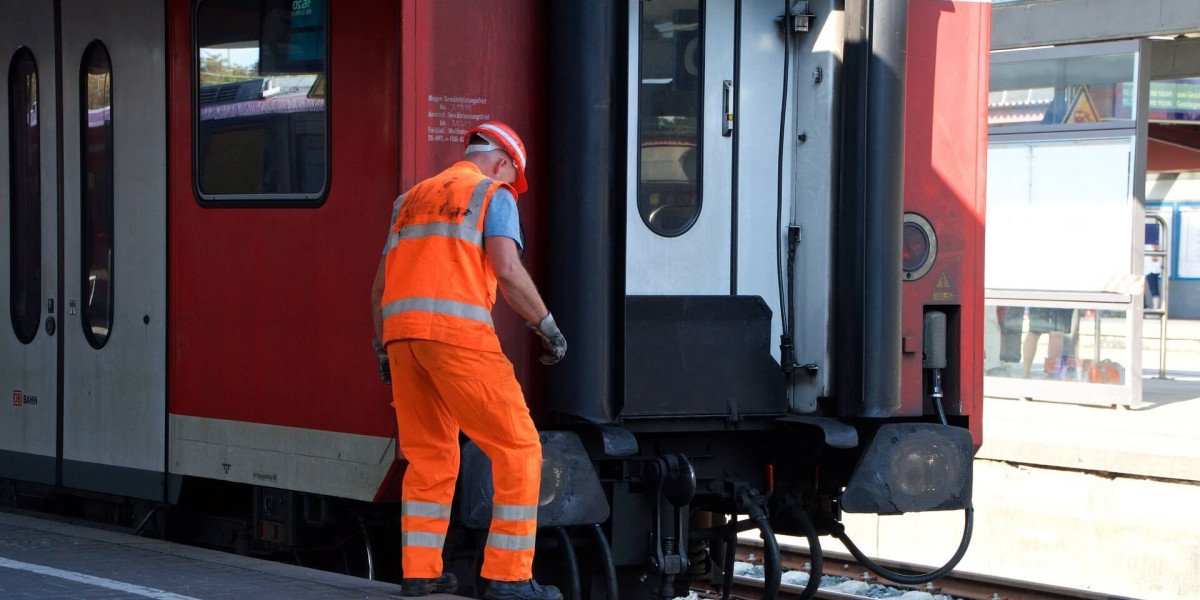Getting a Replacement Key for Your Car: A Comprehensive Guide
Losing or harming a car key can be an aggravating experience, however luckily, obtaining a replacement key does not need to be extremely complicated. In this helpful guide, we will information the different actions, choices, and factors to consider associated with getting a replacement key for your car.

Comprehending Car Keys
Before diving into the replacement process, it is important to comprehend the various types of car keys offered. Here's a quick summary:
| Type of Car Key | Description |
|---|---|
| Traditional Key | A standard metal key that mechanically unlocks and begins the vehicle. |
| Transponder Key | A key with a chip that communicates with the car's ignition system for added security. |
| Key Fob | A remote device that allows keyless entry and might consist of functions to begin the vehicle from a range. |
| Smart Key | A distance key that makes it possible for the chauffeur to unlock and start the car without physically using the key. |
| Valet Key | A limited key that enables minimal access to the vehicle, mainly for valet services. |
Understanding the kind of key you have is vital in determining the procedure of getting a replacement.
Steps to Get a Replacement Car Key
If you find yourself in need of a replacement car key, follow these actions to navigate the process efficiently:
1. Recognize the Type of Key
- Determine whether you have a conventional key, transponder key, key fob, or smart key. This details will influence the replacement procedure.
2. Inspect Your Insurance Policy
- Evaluation your auto insurance coverage to see if it covers key replacement car keys uk, see this,. Some policies offer this benefit, which could conserve you money and time.
3. Contact Your Car Dealership
- Connect to your car's dealer, specifically for newer cars that use sophisticated key technology.
- Be prepared to supply your vehicle recognition number (VIN), evidence of ownership, and perhaps your vehicle registration.
4. Check out a Locksmith
- Think about visiting an expert locksmith who has experience with automotive keys.
- Lots of locksmiths can produce and set transponder keys and key fobs at a lower expense than dealers.
5. Utilize Online Services
- Some services concentrate on automotive key replacement and may offer online assistance.
- Be careful and ensure that you pick a reputable provider.
6. Cost Considerations
- Understand the potential costs associated with getting a replacement key. Below is a basic expense estimate based upon key type:
| Key Type | Estimated Cost Range |
|---|---|
| Conventional Key | ₤ 2 - ₤ 5 |
| Transponder Key | ₤ 50 - ₤ 200 |
| Key Fob | ₤ 100 - ₤ 600 |
| Smart Key | ₤ 200 - ₤ 500 |
Regularly Asked Questions (FAQs)
1. How long does it require to get a replacement key?
- The time to acquire a replacement key differs depending on the supplier. Dealerships may take a few days, while locksmith professionals can typically offer a key the very same day.
2. Can I replace a key myself?
- While it is possible to buy a blank key online and suffice yourself, configuring electronic keys normally needs specific devices.
3. What should I do if my key is lost or stolen?
- If your key is lost or stolen, it is smart to reprogram your locks to prevent unapproved access to your vehicle.
4. Are all car keys programmable?
- Not all car keys can be set. Conventional mechanical keys are cut but do not require programming, while transponder keys and smart keys do.
5. How can I prevent losing my car keys in the future?
- Think about purchasing a key tracker, designating a specific spot for your keys, or utilizing a keychain that makes your keys more obvious.
Last Thoughts
When faced with the complicated job of replacing a car key, it is vital to understand your choices and choose the most efficient route customized to your requirements. Whether you choose a dealer, a locksmith professional, or an online service, being well-informed will streamline the procedure and help reduce a few of the stress related to lost or damaged keys. Keep in mind to keep any brand-new type in a safe designated location to avoid comparable concerns in the future.









